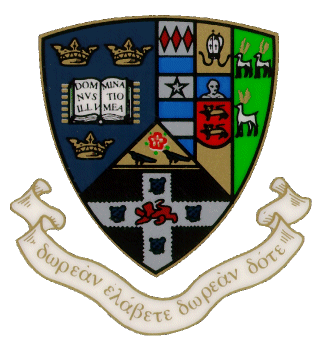
 |
Next Column:......................................................................................................................................Back to Columns Index A Tribute to Assamese poet and freedom fighter Swadhinata Phukan, on his eighth death anniversary. 26 May, 2008, was the eighth death anniversary of one of Assam's most brilliant poets and promising young men, Kabiranjan Saikia, more popularly known as Swadhinata Phukan. Eight years ago, this day, he was brutally gunned down by the state police under the auspices of J.P Singh. He was 26. His crime: being the Assistant Publicity Secretary of the banned militant outfit The United Liberation Front of Assam (ULFA). He was not part of the military wing of the outfit, he was not armed or dangerous and he was picked from the house of Dr. Manju Rani Devi, a doctor-activist in Assam, taken to a remote area and brutally shot dead. Singh killed over 20 people suspected to be part of ULFA that year. This was the mandate of the government, to flush out each and every man from the dreaded outfit. In killing this man, the state police gave birth to a legend. This is the stupidity of the state police in dealing with militant outfits across the country: they kill men and women who then live on forever in the hearts of the people and strengthen and consolidate resentment against the state, fostering future generations of activists. But in Kabiranjan Saikia's case, the state police a poet, and not just any poet but one of the most promising poets in modern Assam, who wrote his first book, Rokta Arti(Blood Offering) in 1986 when he was all of twelve. Hate begets hate and yet the legacy of Swadhinata Phukan is anything but one of hate. Speaking of him in his modest house among the winding bylanes of Nagaon in Assam, his sister and mother show no signs of resentment. "He started writing really young and people could not believe that he was writing such stuff at his age in Class IV," says his mother. While still in school, he wrote a book called Gyan Vigyanar Sarthi and started writing circles and essays and poems in newspapers. A ragtag collection of articles by and on him in a plastic bag is all that this family has in term of memorialisation. On the wall of the house, is the word kavi emblazoned in white chalk, a name conferred upon him by Gauri Sadan, an organization of Assamese intellectuals. Little known is the fact that Phukan wrote an article against the ULFA, in Ganatantra, heavily critical of it, at a time when no one dared speak a word against the outfit. But then this was the indomitable spirit of the man. This spirit was accompanied by his largesse. His uncle threatened him with a stick asking him who had actually written the articles he claimed were his own. Not only did this only spur him to write more, he was the first to report an attack on this Uncle in town to his father and ask his father to go save him. In 1991, he protested the visit of the governor of Assam to Nagaon by carrying black flags and was arrested along with his friends that evening. At the time of the demolition of the Babri Masjid, he wrote an article in Assam's premier journal Prantik, calling for the building of hospitals instead of the desecration of mosques and the building of temples as hospitals would help both Muslims and Hindus. His father (who died last year) was a steady support and would take his son's articles and get them typed in a friend's house so he could send them off. The family was remarkably unjudgemental of their son because they knew that he would do what was right and what was good because that is how they brought him up. Ranjana, his sister says "I don't care if the state wanted to call him terrorist or whatever. They should have followed the due process and given him a hearing. I see his assassination as the failure of democracy and blame the Prafulla Mahanta government for his brutal killing." There is not even the trace of anger in her voice. This is an "ULFA family" with no knee-jerk politics and certainly not readable in simplistic ways. Hemanta, a family friend says, "They believe in ULFA's ideology, not its institutional practice. Ranjana is an MSc and an MPhil and is jobless." The implication is that ULFA should be helping the Assamese get jobs. It believes in the idea of Assamese freedom and betterment. It should put its money where its mouth is. Few people realise that poets and rebels of all kinds are still harassed and hounded by the state in Assam. They are killed brutally like Swadhinata was. And yet no one can take away the fire of his words. As he says in one of his poems 'Your Lush Green Fields': What better way to end than with the last stanza of that poem: I don't know how my lover, who has been raped, is.
Next Column: ........................................................................................................................................... ......... Top |
Web Graphics and design by Smita Maitra * Background graphic by Kabir Kashyap* concept by Amrita Ghosh * Please read the disclaimer
 This
web journal is sponsored by The Caspersen School of graduate studies, Drew
University
This
web journal is sponsored by The Caspersen School of graduate studies, Drew
University